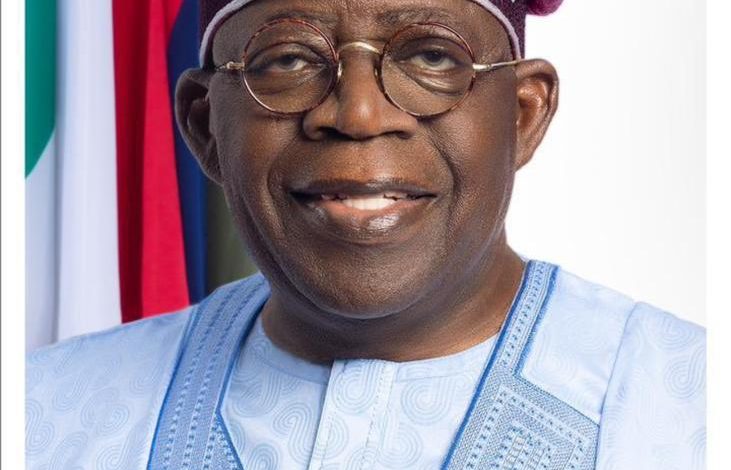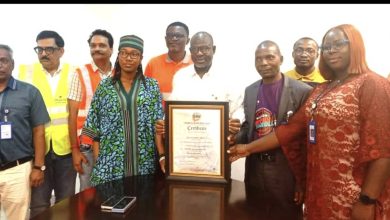PENGASSAN and NUPENG: Nigeria’s Biggest Economic Saboteurs

By Mahmud Shuaibu Ringim
📩 mahmudshuaibu44@gmail.com
During the military administration of General Sani Abacha, the trade unions PENGASSAN and NUPENG were proscribed for their unpatriotic actions that undermined Nigeria’s economy. Sadly, decades later, the same tendencies are resurfacing—this time targeting the Dangote Refinery, a symbol of indigenous innovation and national pride.
The Dangote Refinery was established primarily for economic gains for its shareholders, but more importantly, to boost Nigeria’s self-sufficiency in petroleum products and contribute to foreign exchange earnings through exports to Europe and America. Yet, the same unions that presided over the decay of public refineries in Kaduna, Port Harcourt, and Warri—without refining a single barrel of crude oil for years—are now bent on frustrating this private-sector success story.
For years, members of PENGASSAN and NUPENG enjoyed full pay and benefits despite the inactivity of these refineries. Their inefficiency turned Nigeria into one of the world’s largest importers of refined petroleum products. Now that an indigenous investor has successfully reversed that trend, they appear threatened by the refinery’s success and are trying to stifle its operations.
It is imperative for President Bola Ahmed Tinubu to intervene decisively and protect private investors from the suffocating grip of these unions. Their actions undermine the President’s job creation agenda and sabotage the administration’s economic recovery efforts.
The National Assembly must also enact legislation defining clear guidelines and limitations for embarking on industrial strikes. The reckless actions of a few individuals in the guise of unionism can plunge the nation’s economy into turmoil with devastating consequences.
Nigeria’s economy is already burdened by stagflation following the withdrawal of fuel subsidies and the floating of the naira. The collapse of energy supply and rising fuel costs have worsened the plight of industries—the key drivers of employment and production. Consequently, unemployment and insecurity have reached alarming levels.
President Tinubu must therefore take the bull by the horns and create a truly enabling environment for private enterprises to thrive. The disruptive conduct of PENGASSAN and NUPENG not only threatens industrial growth but also poses a serious security risk to national stability.
If this continues, Dangote and other investors may consider relocating their refineries to neighboring countries where labor unions are more receptive and business-friendly. Ironically, they would then be welcomed as foreign investors and operate in peace—while Nigeria loses jobs, taxes, and foreign exchange earnings. The country’s labor environment has become increasingly hostile, even to its own citizens.
It is doubtful that Aliko Dangote, during his feasibility studies, anticipated that PENGASSAN would attempt to intrude into a private-sector enterprise and dictate its operations. This kind of interference sends the wrong signal to global investors and international rating agencies, painting Nigeria as a high-risk investment destination.
To safeguard confidence in Nigeria’s industrial and energy sectors, the President should consider appointing a Special Adviser on Manufacturing alongside that of Petroleum, to provide informed analysis and policy direction aligned with his Renewed Hope Agenda—especially as the 2027 election cycle approaches.
Ultimately, the standoff between the trade unions and Dangote Refinery will be a litmus test for President Tinubu’s leadership and his commitment to protecting Nigeria’s private sector.
Nigerians are watching. Foreign investors are waiting. The ball is now firmly in the President’s court—to decide whether to let a few trade unions play with the fortunes and future of Nigeria as an attractive investment destinaion





